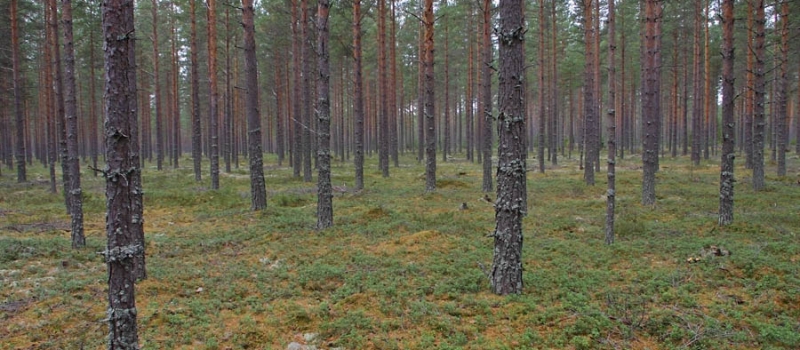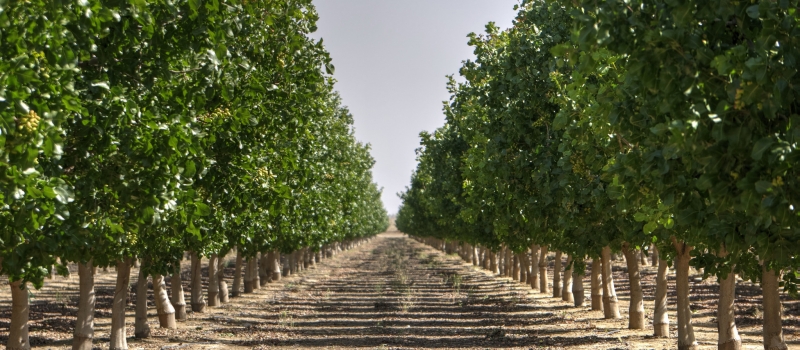
There is a huge difference between biodiversity and monoculture tree plantations. Biodiversity consists of a rich diversity of plants, fungus, animals, birds, insects and microbes.
High levels of biodiversity are essential in order for forests to perform the essential functions that they do in regulating the global water cycle, quantities and quality of fresh water, production of oxygen and climatic stability. Although forests are absolutely essential in regards to freshwater and climate, monoculture plantations do not have the same ecological properties as natural forests. Contrary to being beneficial, they often exacerbate water, desertification and climate related problems. They have frequently been referred to as ‘green deserts’.
“For millions of years the trees were paving the way for life on this planet”
Mixed native mountain forests and rainforests are far more than simply carbon sinks, land cover and erosion prevention mechanisms. They are irreplaceable parts of a global system and fundamental in regulating and maintaining freshwater and climate worldwide.
Therefore it is very disturbing that humanity has been rapidly removing Earth’s prime mixed forests in favour of monoculture plantations and fast short-term large profit schemes for a few.
“Large-scale monoculture tree plantations have proven to cause a broad range of negative environmental and social impacts. They have been and continue to be a major direct cause of the destruction of native forests in countries as varied as Australia, Brazil, Indonesia, and Chile.”
It is also alarming to see that often, even in the name of environmental conservation, modern reforestation follows a basic monoculture approach. This approach may be convenient and rational for planning and short-term cost efficiency, yet it overlooks the local populace along with the innumerable globally significant benefits and services provided by biodiversity rich forests.Biodiversity is a prerequisite of a healthy natural forest. A monoculture plantation is something very different from this. It does not support varied wildlife and often large-scale monoculture-plantations, particularly those of genetically modified trees, have significant negative environmental and social impacts that affect the whole world.
A clear distinction between monoculture plantations and natural forests is needed.
To an unknowing observer looking at an area of green trees, it may not be easy to see the essential difference. Yet there is a clear difference when one looks closer at the surrounding land, soil, water tables, wildlife, precipitation, local community living conditions, erosion, agricultural growing conditions etc. Biodiversity-rich forests are beneficial and supportive to the above listed, whereas monoculture plantations are detrimental to them.
“Many plantations have a severe negative impact on water tables, leading to water stress in neighboring communities and ecosystems.”
It is unfortunate that there is not a clear definition of ‘forests’ when it comes to things such as funding for sustainable development reforestation projects. It is apparent that monoculture plantations are not long-term sustainable. Yet in the absence of a proper definition of forests, the REDD mechanism is also being used to fund the expansion of monoculture plantations, even though they have been shown to be environmentally damaging. Primeval forests full of biodiversity have also been cut and turned into monoculture plantations for immediate fast profits for a few and great losses for the many.
Another harmful impact of monoculture plantations is the large quantities of agrochemicals that are often used on them. This causes considerable contamination and deterioration of soils and watersheds and has serious negative impacts on human health in rural communities. The local and indigenous communities that live in the vicinity of forests are very important because they are the natural forest stewards. It is thus disturbing that many plantation companies have violated the land rights of indigenous peoples. The plantations are often restricted areas that provide no benefits or natural resources for the local communities.
The fact that forest restoration and preservation is required is unquestionable. Yet caution is required in the application of this.

“Any agreement on forests that is not fully and explicitly in line with the Convention on Biodiversity (CBD) Expanded Program of Work on Forest Biodiversity and the UN Declaration on the Rights of Indigenous Peoples (UNDRIP) and integrated with international and national implementation policies under these instruments, undermines good forest practice.”
Download: Forests are more than Carbon, FOE International, 2008.pdf
It needs to be understood that regardless of where we live monoculture plantations are affecting the proper functioning of the global water cycle and climate worldwide.
This means that water will become scarcer, the cost of water will vastly increase and local climate will become even more unstable worldwide. All our lives are being affected right now to greater or lesser degrees. We must start seeing the symbiotic connections of all life on Earth and not let this mindless destruction continue. No amount of profit for a few is worth the suffering of billions and the loss of future generations.
